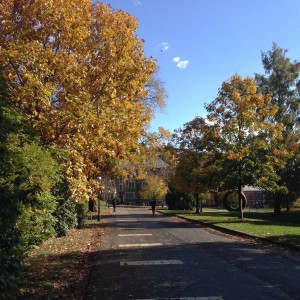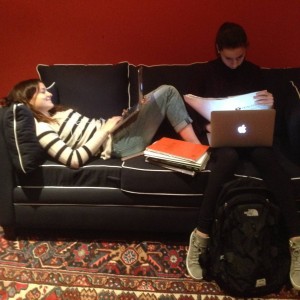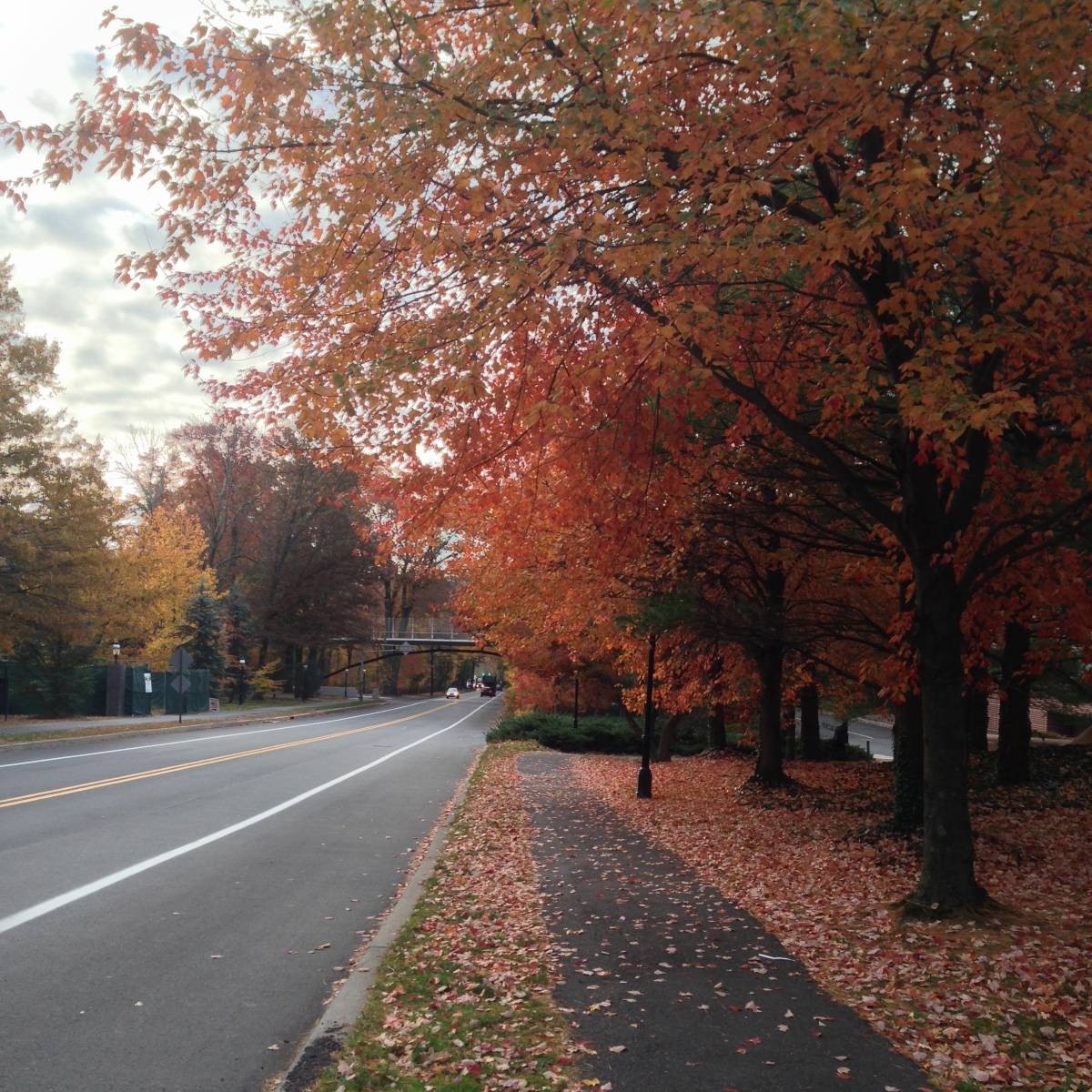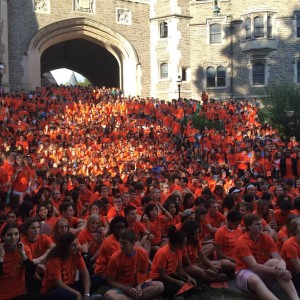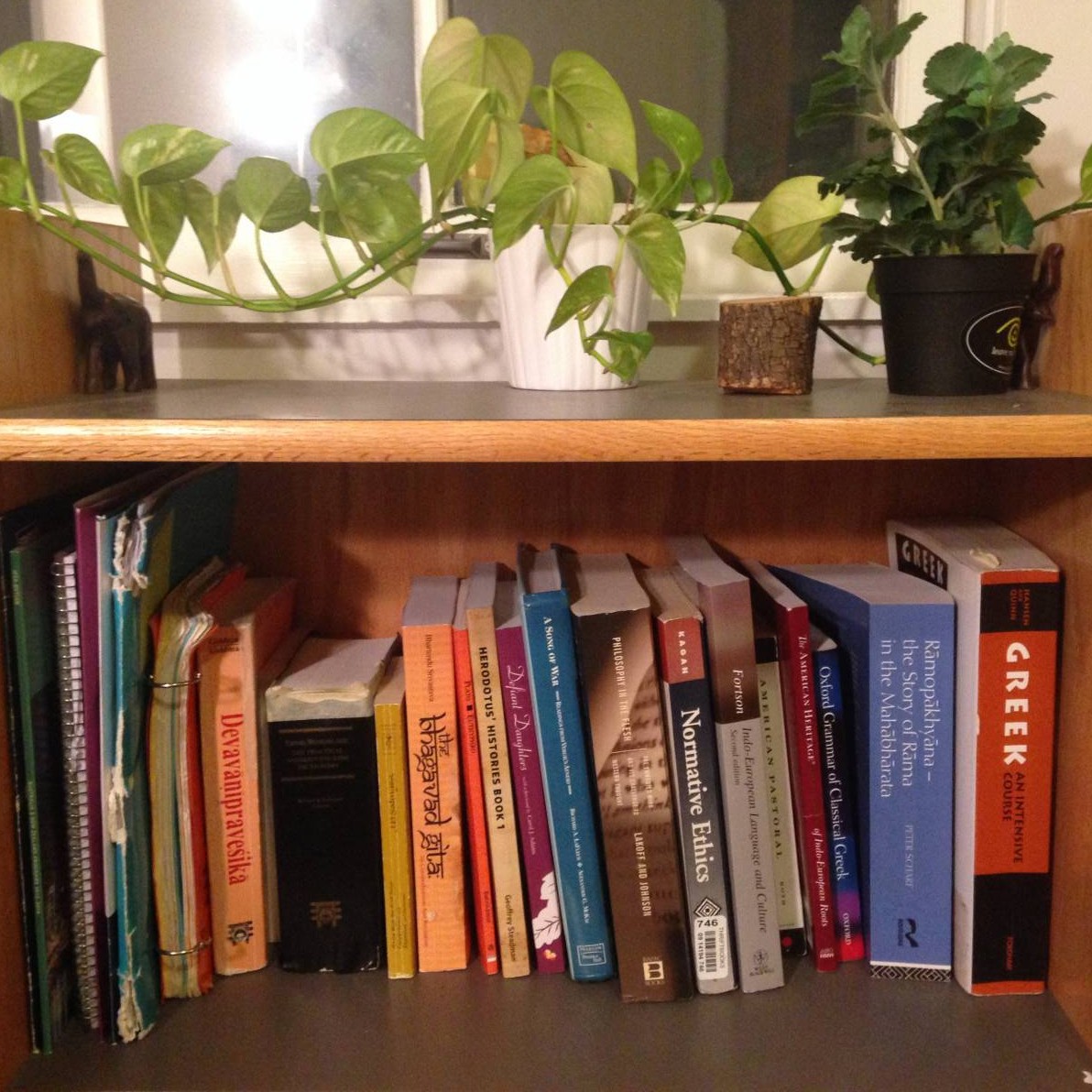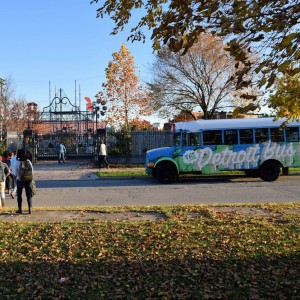With Dean’s Date barely behind us and thoughts of grades consuming every waking moment, it is easy to forget the real-world value of our courses. But, at the same time, it is not hard to find research opportunities that transcend the classroom and have clear consequences beyond your GPA.
Last semester, my roommate Morgan, a sophomore concentrating in Anthropology and pursuing a Global Health Certificate, participated in such a research opportunity through the Community-Based Learning Initiative (CBLI). I decided to interview Morgan for my PCUR post this week so that she can share her experience and inform other students about impactful research opportunities on and off campus.
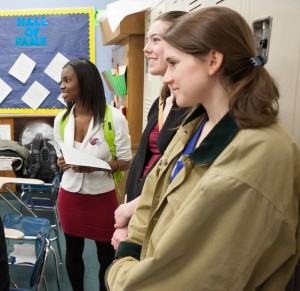
Continue reading A Perspective on CBLI: Impactful Research Opportunities Beyond the Classroom



